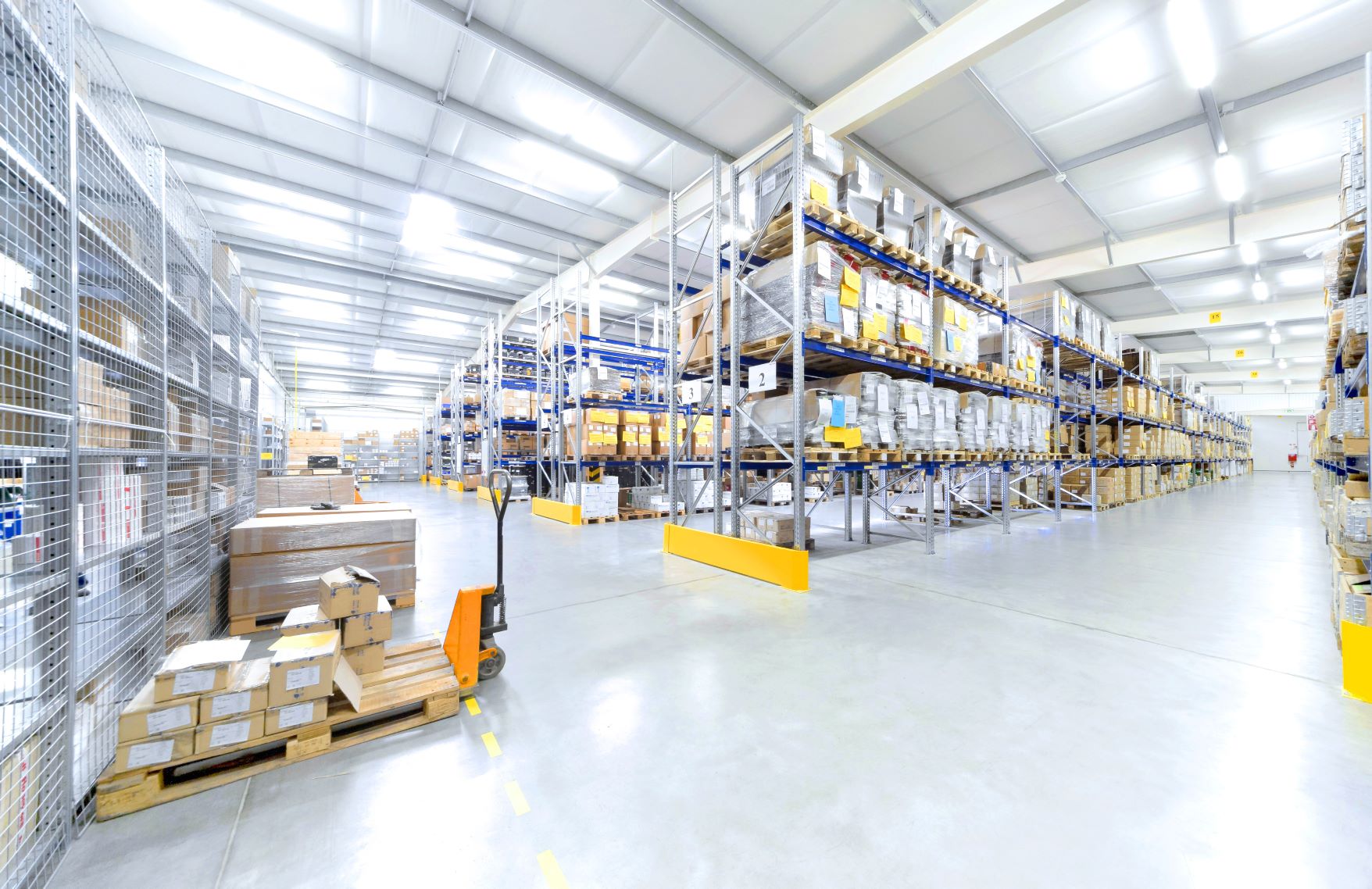The effect on retailers across the globe is far from temporary and, as the epidemic changed consumers’ buying habits overnight and significantly affected retailers’ ability to operate, will likely reshape the traditional global retail landscape for the long term. Using China’s retail industry as an example, global management consultancy firm AT Kearny predicts that within two years of the epidemic’s containment, China’s retail industry will accelerate online, using socialized e-commerce, market fragmentation, unmanned retail, and platform-based integration as a normal business procedure.
A more creative approach to retail
So, as we move into Q4 2020, will we start to see a more creative approach to retail across the globe? According to global real estate consultancy firm CBRE, we were already seeing a significant shift in the approach to retail, specifically over the last 12 months with e-commerce continuing to grow, e-tailers taking bricks and mortar space, and entertainment, edutainment and entertainment continuing to be the focus for developers and landlords in their assets.
“There is no doubt that COVID-19 will accelerate some of these trends, specifically the growth of e-commerce in the Middle East & North Africa (MENA) region that historically has not had a large penetration rate at only 4%-5% at the end of 2019,” CBRE’s head of retail, Anthony Spary, explains.
“With consumers having to adopt new shopping behaviors, such as increased food delivery as an example, these behaviors could become long term and may force F&B operators to do more to attract footfall to their stores or diversify further by providing home delivery, either by themselves or using a third party to do so,” he adds.

Disruption on the high street
Even just over the last few weeks, we have already seen the impact of COVID-19 on some well-known and established high street brands with a number now entering administration across Europe. According to Spary, while challenges had already been identified with a number of these brands, we will no doubt hear of more disruption in this space, the longer the high streets remain closed for business.
“It is very early to say what the long term effect on the high street will be, however, with every downturn, there will be opportunity and landlords will undoubtedly need to review their positioning and strategy for sustainable long term growth once the world bounces back.”
Changing consumer habits
These changes are likely to signify a major shift for consumers as they look at a new way to shop with the short term behaviors that consumers are adopting currently potentially having a long term impact on the way we shop going forward.
“Brand loyalty may also be brought into question with consumers being restricted on what brands they can obtain from their local supermarkets, for example,” Spary explains. “Will their allegiance to their “go-to” brands change as a result? Only time will tell.”

Altering the world of logistics
As the impact of COVID-19 is being felt in every corner of the economy, the logistics and warehousing network continues to be tested across the MENA region. CBRE’s head of industrial & logistics Andrew Armstrong highlights that the Gulf Cooperation Council (GCC) represents one of the fastest-growing regions for e-commerce retail and e-commerce companies are continuously assessing their space requirements in line with increasing market penetration.
“We are seeing an increase in space requirements to cater for the spike in short term demand, but what we expect to see is that these market players will begin to move their projected space requirements forward quite significantly as e-commerce spending will remain above pre-COVID-19 levels once normality returns,” Armstrong explains. “The challenge in the local market is then identifying logistics warehouses that allow such companies to operate efficiently.”

Rebound tactics for retail
Despite the challenges ahead, there is no doubt that business will rebound once the coronavirus is contained. Consumers will continue to lead this demand, while landlords will offer reductions in rents and governments across the globe will continue to roll our stimulus policies and measures. Now is the time for retailers to utilize this time to cultivate skills for capitalizing on post-epidemic growth opportunities.
For those retailers looking to best secure their chances of recovery, AT Kearny highlight three recommended areas of focus in order to prepare for the upcoming rebound. Firstly, to make market fragmentation and proprietary user assets a strategic priority. Secondly, to understand that absorbing user traffic is just the first step to achieve long-term retail success. User retention is a more important determinant - as is consumer value optimization. Thirdly, to enhance operational and internal capacity, combining independent and cooperative practices.

